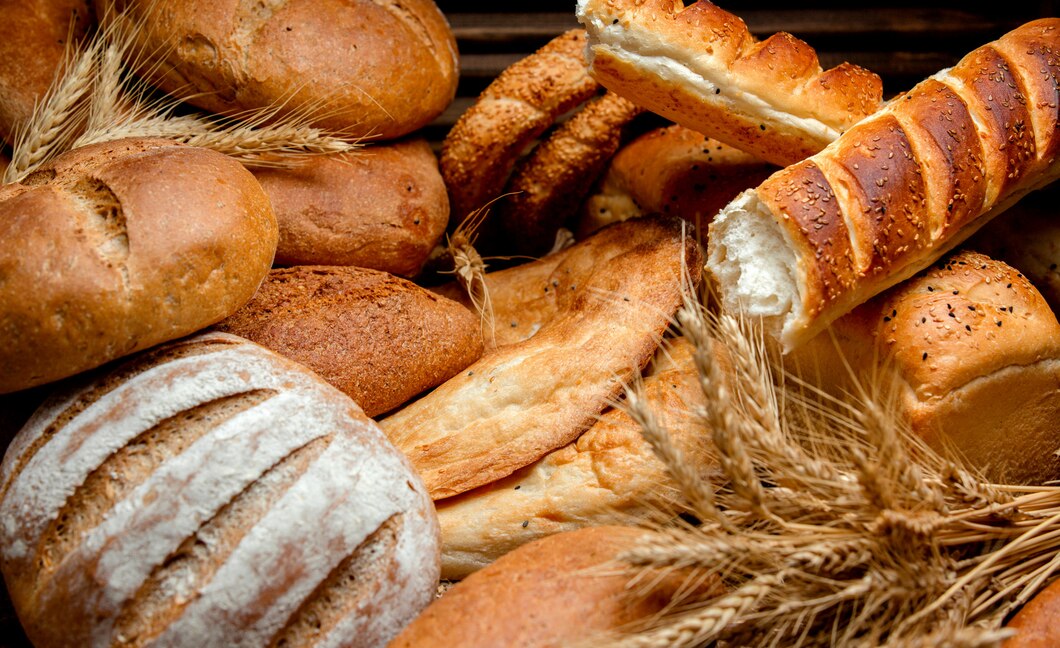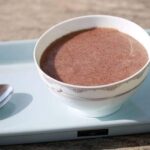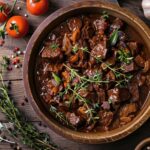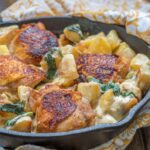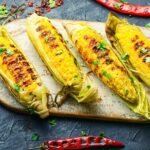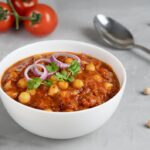Gluten intolerance, also known as celiac disease or non-celiac gluten sensitivity, affects many people worldwide, including South Africans. Gluten is a protein found in wheat, barley, and rye, and consuming it can cause a range of symptoms from digestive issues to neurological problems for those who are intolerant. Here is a comprehensive guide to 20 foods South Africans should avoid if they are gluten intolerant.
1. Bread
Bread made from wheat, rye, or barley is a primary source of gluten. This includes white bread, whole wheat bread, rolls, and bagels.
2. Pasta
Traditional pasta, including spaghetti, macaroni, and noodles, is made from wheat and should be avoided. Opt for gluten-free alternatives made from rice, corn, or quinoa.
3. Biscuits and Cookies
Most biscuits and cookies contain wheat flour. Be sure to check labels for gluten-free versions or make your own using gluten-free flour.
4. Cakes and Pastries
Cakes, muffins, and pastries typically contain wheat flour. Gluten-free baking mixes and recipes are available as alternatives.
5. Cereals
Many breakfast cereals contain wheat or barley. Look for gluten-free cereals made from corn, rice, or oats (certified gluten-free).
6. Crackers
Crackers often contain wheat. Choose gluten-free crackers made from rice, quinoa, or other gluten-free grains.
7. Soy Sauce
Traditional soy sauce contains wheat. Tamari is a gluten-free alternative.
8. Beer
Most beers are brewed with barley, which contains gluten. Opt for gluten-free beers made from sorghum, rice, or corn.
9. Malt Vinegar
Malt vinegar is made from barley and should be avoided. Use vinegar varieties like apple cider vinegar or balsamic vinegar instead.
10. Processed Meats
Some processed meats, such as sausages, deli meats, and meatballs, may contain gluten as a filler or binder. Check labels carefully and choose gluten-free options.
11. Gravy and Sauces
Many gravies and sauces use wheat flour as a thickener. Use cornstarch or gluten-free flour as an alternative.
12. Condiments
Certain condiments, such as salad dressings, marinades, and mustard, may contain gluten. Always read labels or make your own gluten-free versions.
13. Breading and Coatings
Fried foods with breading or coatings made from wheat flour should be avoided. Look for gluten-free breadcrumbs or make your own using gluten-free bread.
14. Pizza
Traditional pizza crust is made from wheat flour. Choose gluten-free pizza crusts made from alternative flours.
15. Pies and Tarts
Pies and tarts often have a wheat flour crust. Look for gluten-free pie crust recipes or pre-made options.
16. Energy Bars
Some energy bars contain gluten in the form of wheat, barley, or malt. Choose gluten-free energy bars made from nuts, seeds, and gluten-free grains.
17. Snacks
Snack foods like pretzels, certain chips, and popcorn seasonings may contain gluten. Opt for gluten-free snacks and check labels for hidden gluten.
18. Imitation Meat Products
Some vegetarian meat substitutes use gluten (seitan) as a primary ingredient. Look for gluten-free vegetarian options.
19. Soups
Certain canned or packaged soups use wheat flour as a thickener. Check labels or make homemade soups with gluten-free ingredients.
20. Desserts
Many traditional desserts like brownies, doughnuts, and ice cream cones contain gluten. Seek out or make gluten-free versions of your favorite treats.
Navigating a gluten-free diet can be challenging, but with awareness and careful label reading, it is entirely manageable. South Africans who are gluten intolerant have numerous gluten-free alternatives available to them. By avoiding these common gluten-containing foods and opting for gluten-free versions, individuals can enjoy a varied and delicious diet while managing their gluten intolerance effectively.
